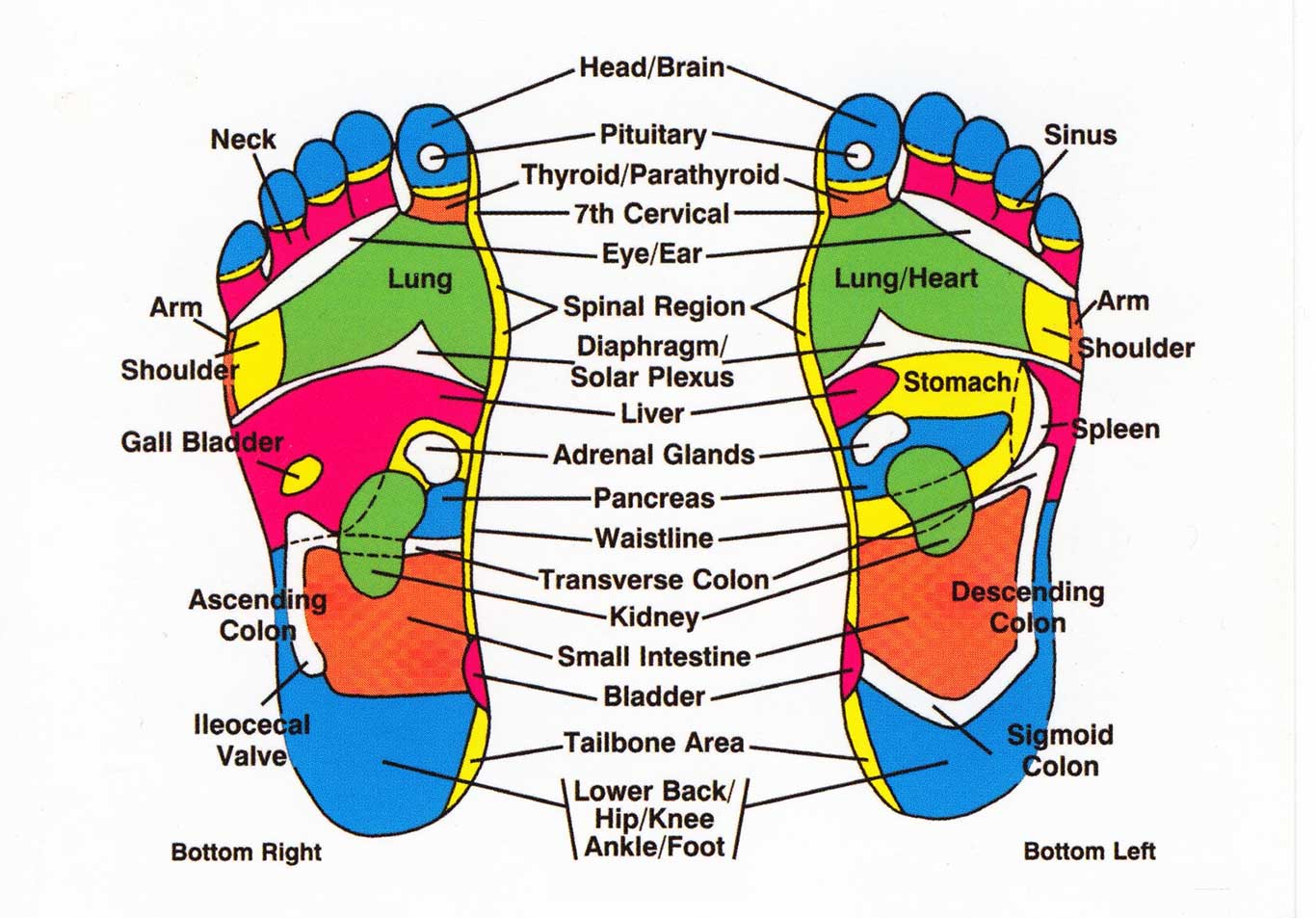Physiotherapy is a very useful medical profession for people who experience pain or disability affecting the movements of their limbs. The physiotherapists provide the patient with physical therapy, which helps the patients in strengthening the muscles and tissues of the body. The patients are usually asked to restrict their activities by lying on the ground, with the use of a chair. The physiotherapists are responsible for giving advice to the patients with respect to their movement and exercise, as well as providing them with the equipment they need to perform certain therapeutic procedures. Physiotherapists are also responsible for providing support to patients with disabilities that affect their ability to move.
The profession of a physiotherapist can be undertaken by students who are studying either human biology nutrition, or physiology. In most institutes, the physiotherapists are supervised by experienced senior physiotherapists who have had years of experience in the field. Some institutes even have a one on one training program for the junior and senior physiotherapists with the supervision of an experienced senior physiotherapist. The courses offered by physiotherapy clinics include both the practical session and the theory session.
In a physiotherapy clinic, the patients are examined and diagnosed based on their requirements. A qualified physiotherapist will have gained years of experience dealing with cases similar to yours. The knowledge and skills of the physiotherapist will depend on the type of body injuries the patient has suffered. In order to become a physiotherapist, you will have to complete your post-graduate studies at an institution that is approved by the regulatory body. The institutes that operate under the National Health Service or NHS in the UK also regulate the courses and the treatment offered by their physiotherapists.
There are several types of physiotherapy clinics. For instance, the sports medicine clinics are located in hospitals or sports clinics. Other clinics are dedicated to women’s issues, such as low back pain. Clinics also specialize in patients with diseases of the musculoskeletal system. Even though some of these clinics are not formally approved by the regulatory bodies, many of them are equipped with the latest technology and well-trained staff members.
If you wish to undergo a physiotherapy clinic treatment, there are certain things that you need to consider before signing up for a treatment. Before you sign up, make sure that you have all the required equipment at home including a spare pair of athletic shoes, one sprain or strain in your muscles and a single-use glove. A physiotherapist will prescribe the appropriate dosage for you depending on the severity of your injury. If your injury is not that severe, you can receive treatments such as heat or cold therapy, manual resistance training or ultrasound.
Before the session, the physiotherapist will examine you thoroughly. He will check your posture, motor function, joint mobility and strength, range of motion, muscle tone, bone quality and movement style. You will be given individualized exercises to target your specific muscle groups and recover your damaged joints and muscles. The therapist will show you how to perform the exercises properly. Once you successfully complete a single-use glove, you will be sent home with a detailed instruction manual and a prescription for 1 week of physiotherapy clinic treatments.


